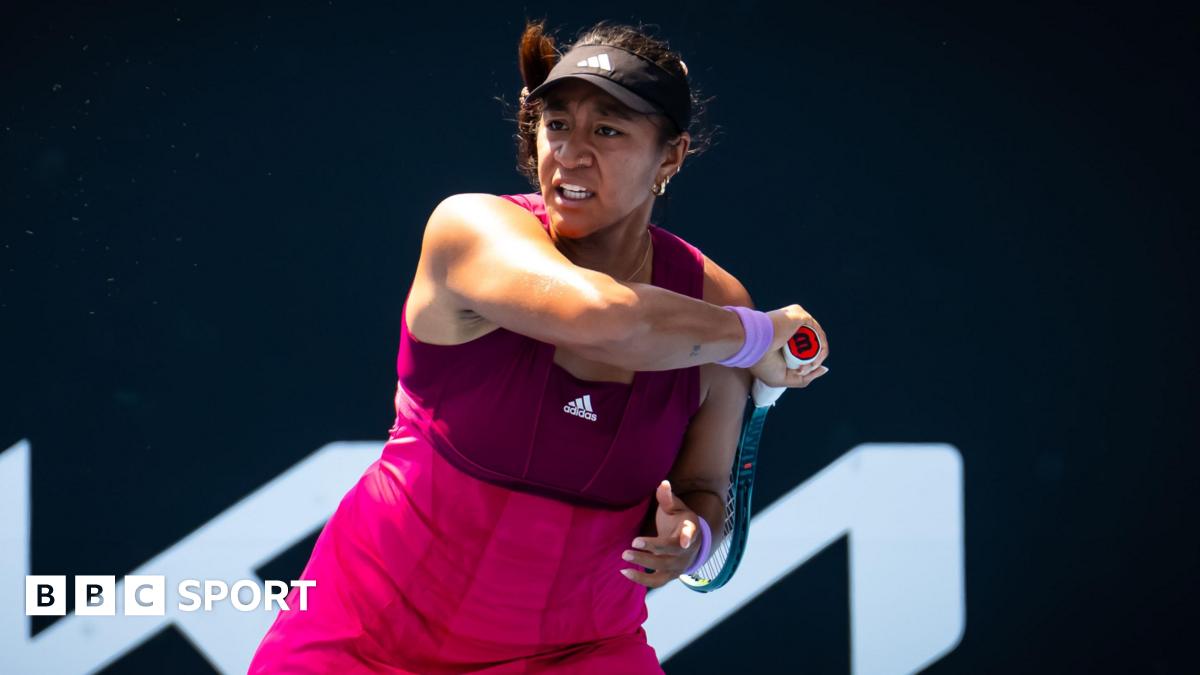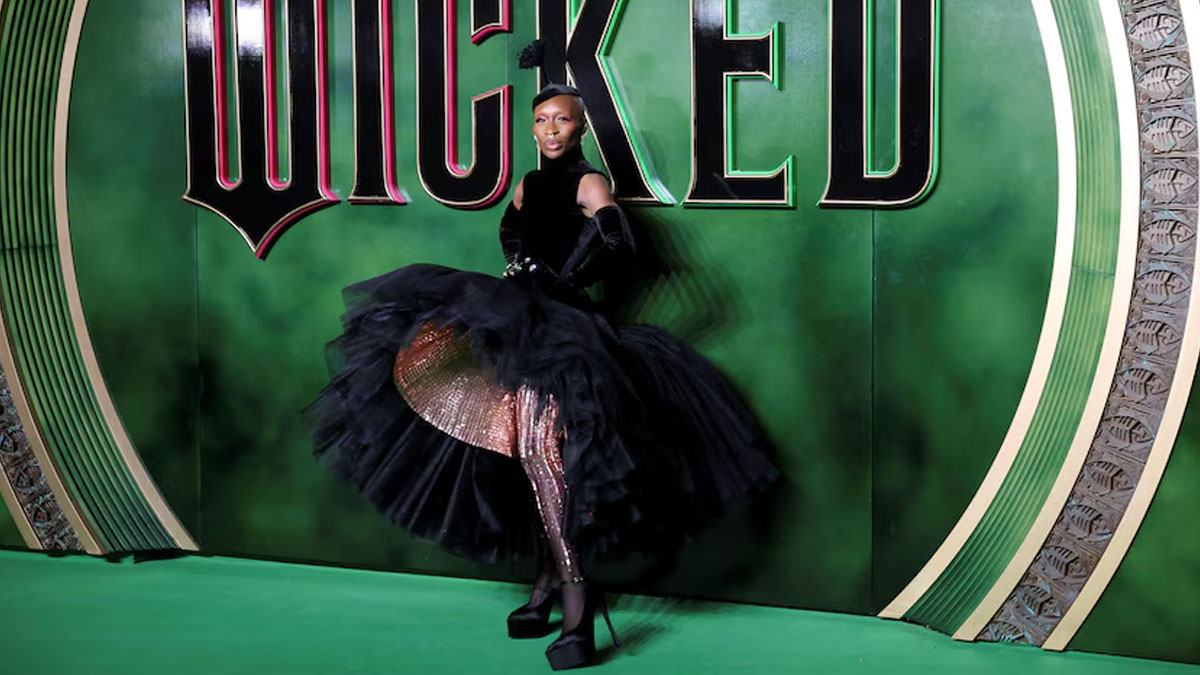Iordanes Spyridon Gogos Delights Again At Australian Fashion Week

- by Admin
- May 23, 2024

There are some designers at fashion week that delight in a sense of theatre. More than just a runway, these artists are intent on putting on a show that delivers on a range of artforms, including performance. One such designer is Iordanes Spyridon Gogos.
Gogos is perhaps the only designer to have shown consecutively at Australian Fashion Week (AFW) since 2021, and can always be relied upon to light a fire under a jaded front row.
Somewhere between catwalk and dance hall, Gogos’ vibrant, street cast runways offer what many don’t: actual fun.
Upon entering the Carriageworks hall, the eye was drawn by a series of colourful Designer Rugs — a collaboration with the designer, Jordan Gogos.
The show was opened by none other than Elaine George, the first indigenous Australian woman to grace the cover of Vogue, in a shimmering gold patchwork gown, designed by Akira Isogawa for the Gogos label. Within a few steps, she’d paused for her first ‘stop’ along the runway — one of several performance interludes taken by each of Gogos’ models as they made their way up and down the catwalk.

George wasn’t the only name on the roster of this year’s models, which also included Real Housewife Caroline Gaultier, local artists Angel Tiatia and Julia Gutman, and drag performers Hanna Conda and Hollywould Star
The show, titled The Hand Woven Trojan Horse, was a clear celebrated texture, tactility, and of course, the designer’s Greek heritage.
We sat down with designer Jordan Gogos to chat about what inspired their latest collection, and their Australian Fashion Week runway.
ELLE: What inspired this collection?
Jordan Gogos: I’ve collaborated with Designer Rugs and will release a collection the day before the show on the 15th (of May). Everything references the feeling, the aesthetics the compactness of rugs. I’ve never hand stitched so much in my life – I almost went against industrialised techniques and went the other direction. There are monolithic rugs that are derivative of the collection so they both go hand in hand.
What are some of the key features, themes and details?
The show is titled The Hand Woven Trojan Horse. It felt like a more tactile and emotional approach to the show. I worked a lot of square forms, even when the shapes are not square, they’re folded from panels that started as squares, the Linda Jackson tag dress on Julia Gutman made of thousands of with 42 year old archive tags are square, Akira’s opening gold dress on Elaine George is golden beaded panels, golden painted and dyed squares, Jenny Bannister’s collaboration look on Anja Brown (who walked in the show for the fourth time) consists of painted scrap calico that was rectangular, Paul McCann’s dress was 12 painted individual rectangle artworks pleated into a jacket dress.



Which is your favourite look or piece from the collection?
I don’t have one – they’re all so different. What is new is my hand embroidered Trojan dress that is made of the two 4x4m rugs hanging on the wall. I was so inspired by Akira’s hand stitching from last year I wanted to see what it would look like if I did hand stitching of my own… which is much more chaotic and messy.
Can you tell us about your creative process in ideating and creating this collection?
It started with what was around me and, moreso than ever, pushing the limits of fabrics that are very accessible – calicos, denim and thread. I don’t have a single look of printed fabric. I wanted everything to feel very obvious to the human eye – that physical time, labour and raw emotion had been poured into the collection. We have two sets of five blazers that will be showcased which for me feels like the most I’ve bridged my art practice into the shows as they were only put into the show at the last minute.





Were there any collaborators, contributors, or muses you’d like to shout out?
Aside from those I’ve already mentioned, Brittany Wyper who made my logo and has collaborated on each show made the most incredible design of 15 artworks that took months to draw and create. We found a single piece of fabric that was dipped half in wax and screen printed it and draped it on the body. [It] was so different to all of our other collaborations which were predominantly digitally printed. I worked also with Olivia Bellevue who made a pair of Linda Jackson and Jenny Bannister shoes… and Darren Bischoff who made maybe my favourite ever pair of chain stitch boots.
What do you hope to see more of in the Australian Fashion Industry going forward?
Funding funding funding!
Too many incredible designers and artists are sinking or not able to show because there’s no infrastructure for funding, particularly for sustainable and indigenous designers.

The Latest News
-
January 11, 2025Expert Picks: Who will win Australian Open 2025?
-
January 11, 2025Aussies bowl first in Ashes opener as Cross ruled out | cricket.com.au
-
January 11, 2025Rod Laver grand slams: List of major titles won by Australian tennis legend | Sporting News Australia
-
January 11, 2025Women’s Ashes 2025 LIVE: Australia v England 1st ODI
-
January 11, 2025How ‘home slam’ will help turn Tsitsipas’ form around




